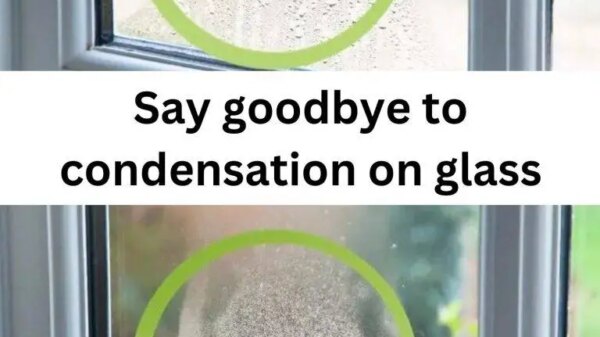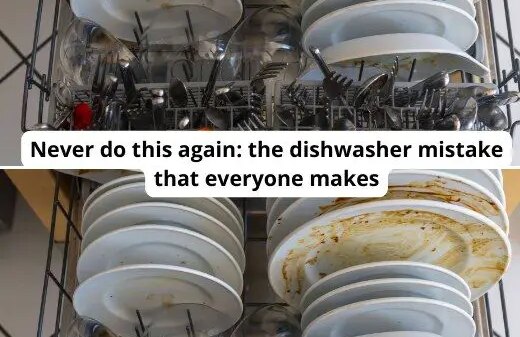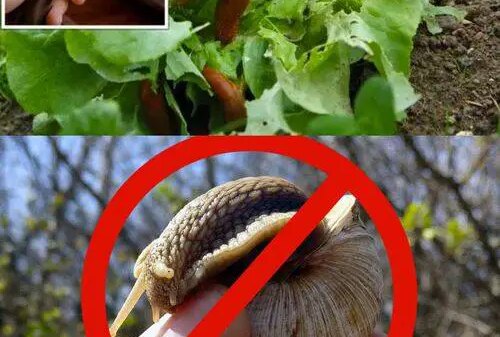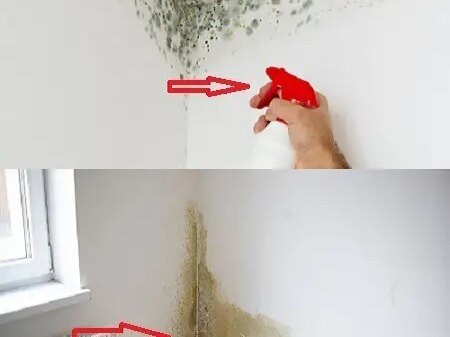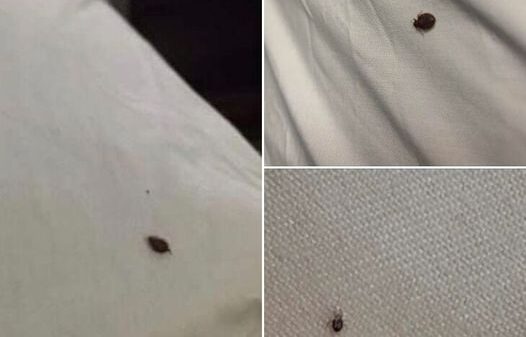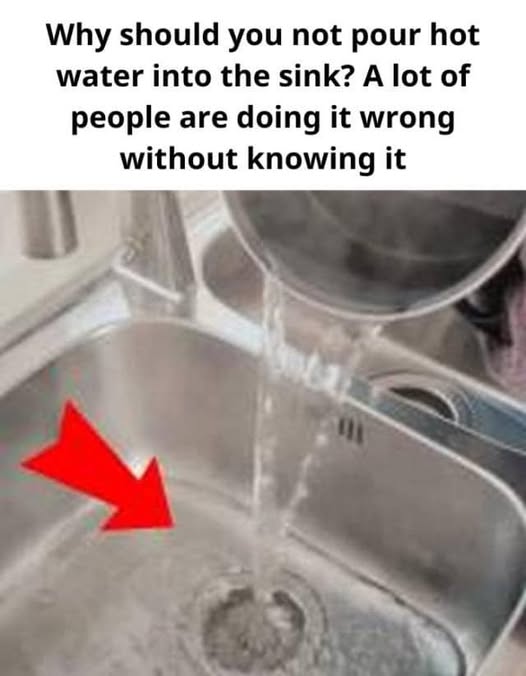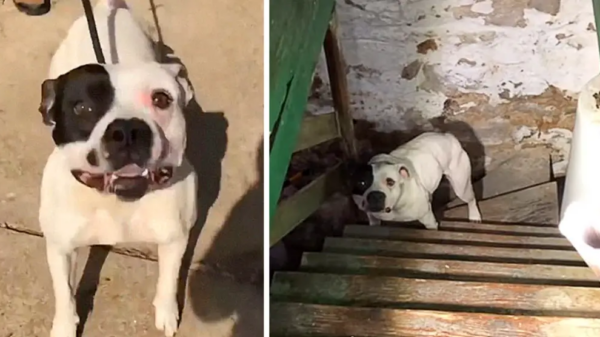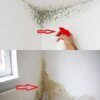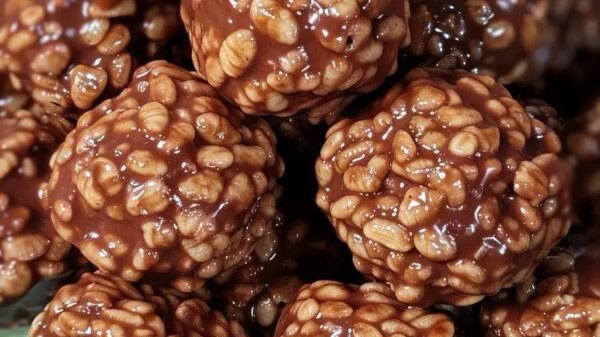Sharing is caring!
Pouring boiling water down your sink may seem like a harmless practice, but it can lead to significant damage to your plumbing system over time. While it’s a common method to tackle minor clogs or dispose of hot liquids, this habit could cost you in unexpected repairs. Here’s why you should stop and what to do instead.
Why Boiling Water and Pipes Don’t Mix
Boiling water, at 212°F (100°C), can cause adverse effects depending on the type of pipes installed in your home. Let’s break it down by material.
PVC Pipes
PVC pipes are widely used in plumbing due to their affordability and ease of installation. However:
- Heat Sensitivity: PVC is not designed to withstand extreme temperatures. When exposed to boiling water, the plastic can soften or warp, leading to leaks and structural failure.
- Longevity Issues: Repeated exposure to high heat shortens the lifespan of PVC pipes, making them brittle and more prone to cracking over time.
Metal Pipes
Metal pipes, such as copper or steel, are more heat-resistant but still vulnerable:
- Thermal Expansion: The sudden temperature change caused by boiling water can make metal pipes expand rapidly, stressing the joints and causing eventual cracks or leaks.
- Corrosion Risks: In older systems, the combination of boiling water and existing corrosion can worsen the degradation of pipes.
The Hidden Consequences of Boiling Water
Damage to Pipe Joints
Most plumbing systems rely on adhesives and sealants to connect pipe joints. High temperatures can weaken these materials, leading to small leaks that grow over time.
Worsening of Clogs
Boiling water might initially dissolve grease, but it can push the grease further down the pipe. When the water cools, the grease re-solidifies, creating a larger blockage deeper in the plumbing system.
Impact on Drain Systems
If you have an older home, the plumbing might already be under strain. Boiling water can accelerate wear and tear, leading to costly repairs or even the need for a full pipe replacement.
Safer Alternatives for Drain Maintenance
If you want to avoid damaging your pipes, consider these alternatives:
Use Warm or Hot Tap Water
Instead of boiling water, opt for hot tap water. It’s effective for loosening minor grease and food particles without the risk of damaging pipes.
Natural Cleaning Solutions
- Baking Soda and Vinegar Method:
- Pour ½ cup of baking soda into the drain.
- Follow with ½ cup of vinegar.
- Let the mixture sit for 15 minutes, then flush with warm water. This natural combination creates a mild reaction that can break down buildup and eliminate odors.
- Lemon and Salt:
- Mix equal parts lemon juice and coarse salt.
- Pour the mixture into the drain, let it sit for a few minutes, and flush with warm water. The acidic lemon juice and abrasive salt clean the pipes while leaving a fresh scent.
Plungers and Drain Snakes
- Plunger: This tool can clear minor clogs by creating suction and dislodging debris.
- Drain Snake: For deeper or more stubborn clogs, a drain snake can reach and remove blockages without harming the pipes.
Preventive Measures to Protect Your Pipes
Avoid Pouring Grease Down the Drain
Grease and oils should never be poured into the sink. Instead, collect them in a container and dispose of them in the trash. Grease solidifies as it cools, leading to blockages.
Install Sink Strainers
A strainer catches food particles and other debris, preventing them from entering your pipes and causing clogs.
Flush Drains Regularly
Run hot (not boiling) water through your drains weekly to prevent buildup. This keeps pipes clear without putting them under thermal stress.
Dispose of Solids Properly
Avoid washing solids like coffee grounds, eggshells, or starchy foods (e.g., rice and pasta) down the sink. These can easily clog your system.
How to Address Minor Clogs Without Boiling Water
If you’re dealing with a slow-draining sink, try these steps:
- Remove Visible Debris: Use a sink strainer or your hands (with gloves) to clear out any visible food or hair.
- Pour a Baking Soda Solution: Combine 1 cup of baking soda with 1 cup of vinegar and pour it into the drain.
- Flush with Warm Water: After 15 minutes, flush the drain with warm (not boiling) water to rinse away loosened debris.
- Use a Drain Snake: If the clog persists, use a drain snake to physically remove blockages.
Why You Should Care About Your Plumbing
Caring for your plumbing system not only prevents costly repairs but also contributes to a more sustainable home. By avoiding harmful practices like pouring boiling water down the drain, you’ll:
- Extend the lifespan of your pipes.
- Save money on repairs and replacements.
- Reduce water waste from leaks and inefficiencies.
Final Thoughts
While pouring boiling water down the sink might seem like an easy fix for clogs, it poses serious risks to your plumbing system. Instead, adopt safer alternatives like natural cleaners and regular maintenance to keep your drains clear without causing damage. Small changes in your routine can make a big difference in preserving your home’s plumbing and saving you money in the long run. Remember: Prevention is always better than cure!
Sharing is caring!
![]()

